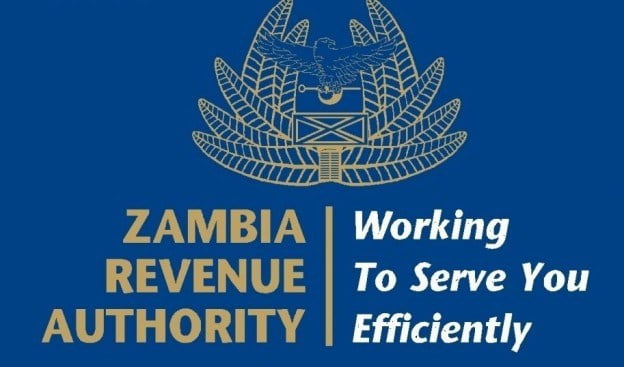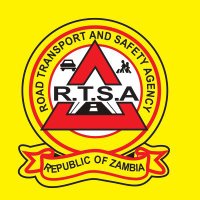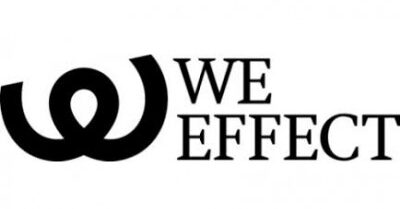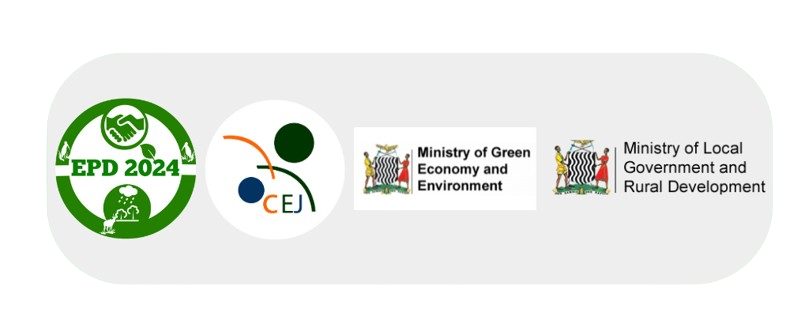Topic: Carbon emission tax: Implementation and monitoring
Background
Zambia introduced Carbon emission tax with the aim of combating climate change by holding businesses and individuals accountable for their environmental impact arising from their carbon emissions. This tax generates revenue which could be used for diverse purposes, including environmental protection, climate resilience, reforestation and wildlife preservation.
Government line ministries such as the Ministry of Green Economy and Environment are expected to utilise part of the funds to invest in renewable energy development, fostering solar, wind, and hydroelectric power to reduce reliance on fossil fuels. Additionally, revenue collected from carbon tax could support climate change adaptation projects, enhance community resilience to extreme weather events, and public awareness and education campaigns promoting environmentally friendly practices.
This panel discussion will provide an overview of the implementation and monitoring of carbon tax in Zambia. The discussion will have a particular focus on questions relating to the collection and application of carbon tax. In particular, who collects funds generated from carbon tax, how much tax is collected every year, who manages the funds, and what projects (if any) have been implemented so far from these funds.

Ministry of Finance
Website: https://www.mofnp.gov.zm/
The Ministry of Finance and National Planning has the mandate to perform several statutory functions that include preparation of the National Budget, National Planning, Economic Management, Resource Mobilisation, Debt Management and Public Finance Management. In collaboration with all Government Ministries, we are determined to transform the Zambian economy, harness our country’s potential and improve the livelihoods of our people.

Zambia Revenue Authority(ZRA)
Website Link: https://www.zra.org.zm/
The Zambia Revenue Authority Act was thus established as a body corporate and an agency of Government under the direction of the Minister of Finance.

Road Transport and Safety Agency (RATSA)
Website: https://www.rtsa.org.zm/
The Road Transport and Safety Agency was established under the Road Traffic Act No. 11 of 2002 and became fully operational in 2006 with the mandate to effectively implement policy on transport, traffic management and road safety, effectively and efficiently register motor vehicles and trailers in accordance with the road traffic act, To timely issue licenses and permits in accordance with the road traffic act, implement international protocols and treaties on road transport efficiently, pay out such percentages of money into the road fund from revenues collected in a transparent and accountable manner, conduct effective road safety education, To effectively implement policy on transport, coordinate traffic management and road safety, and approve and monitor the effectiveness of road safety programs undertaken.

Council of Churches in Zambia (CCZ)
Website: https://ccz.org.zm/
The Council of Churches in Zambia (CCZ) serves as an ecumenical organization to strengthen Christian unity and to promote social justice, peace, human dignity and development. The council therefore seeks to bring together its membership and stakeholders for consultation and discussions in an effort to help form an enlightened Christian opinion on all issues affecting the spiritual, social and physical wellbeing of Zambians.

Zambia Climate Change Network (ZCCN)
Website: https://www.zccn.org.zm/
Zambia Climate Change Network (ZCCN) is a membership – based Organization existing as civil society National platform whose strategic thrust is on climate change justice and sustainable development in Zambia. The Organization is registered with the Zambian Government under the Registrar of Societies registration NO .ORS/102/35/4365 The Mission of ZCCN is to Coordinate Stakeholder engagement on climate change related issues such as Advocating ,Lobbying ,Campaigning and Domesticating Practical and Sustainable measures for addressing Climate Change Impacts in Zambia ,Africa and Globally in general through increased environmental stewardship and green development .Its Objective is to Mobilize Civil Society Organizations and Individuals advancing Similar agendas in Climate Change related issues in order to create a platform for affirmative action.

Moderator: We Effect Zambia
Website: https://weeffect.org/
We Effect work to end poverty worldwide. The core strategy is to strengthen cooperatives of women and men living in poverty through membership-based democracy, long-term economic thinking, social responsibility and transparency. This results in increased income for families, food on the table and a roof over their heads – enabling people to raise themselves out of poverty for good.

